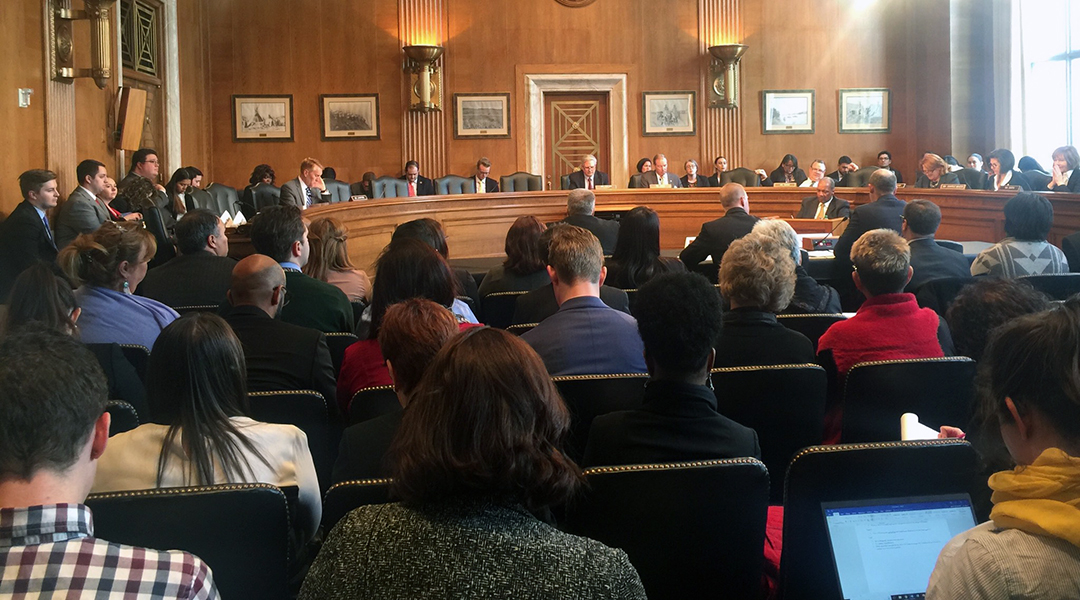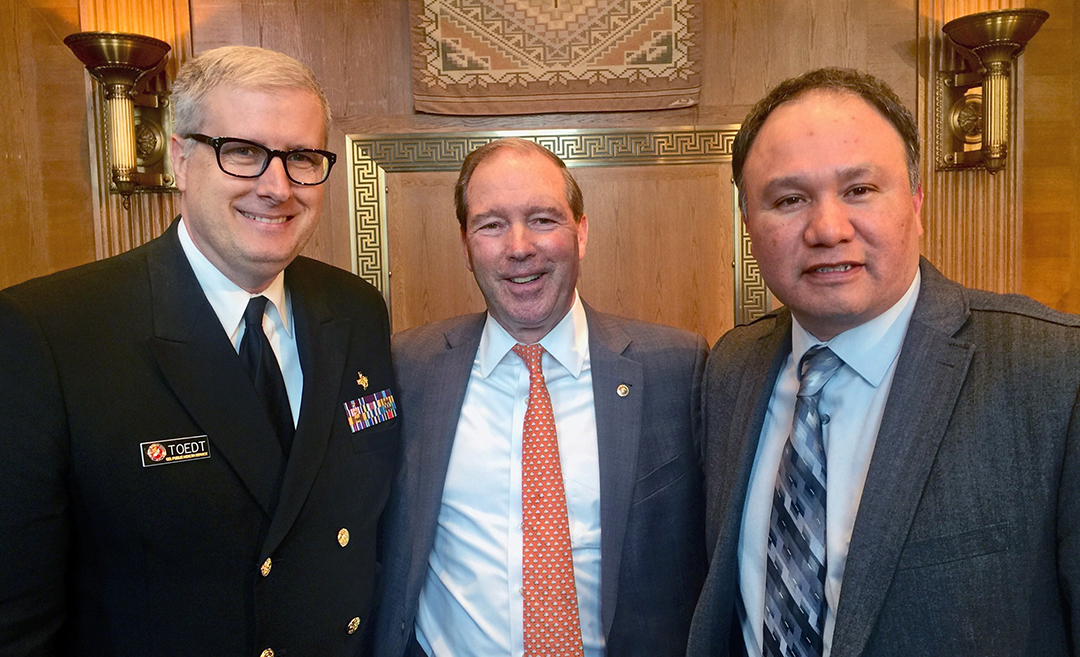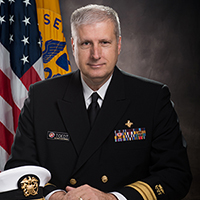Earlier today, I provided testimony during the Senate Indian Affairs Committee oversight hearing on "Opioids in Indian Country: Beyond the Crisis to Healing the Community" . I appreciated the opportunity to provide the Committee information on the work that the Indian Health Service has been doing to address the opioid crisis.

As I stated during my testimony, the impact of the opioid crisis on American Indians and Alaska Natives (AI/AN) is immense. The Centers for Disease Control (CDC) reported that AI/ANs had the highest drug overdose death rates in 2015 and the largest percentage increase in the number of deaths over time from 1999-2015 compared to other racial and ethnic groups.
Addressing the opioid crisis
IHS is addressing the national opioid crisis – one of the top priorities of the administration – in a number of ways. Last year, the then Acting Secretary of Health and Human Services declared a public health emergency
to address the crisis. Several months before that announcement, we established the IHS National Committee on Heroin, Opioid, and Pain Efforts (HOPE Committee) to work towards advancing the Department’s multifaceted plan to combat opioid abuse:
- Better prevention, treatment, and recovery services
- Better targeting of overdose reversing drugs
- Better data on the epidemic
- Better pain management
- Better research

I informed the Senate Indian Affairs Committee of the work of the HOPE Committee in working towards improving the quality of IHS care as we provide safe and effective pain management, aim to prevent opioid misuse, and improve access to treatment for opioid use disorders (OUD). The HOPE Committee has provided training opportunities for IHS clinicians in pain management and treatment of OUD; supported the implementation of naloxone programs to reduce overdose deaths; supported improved perinatal response to opiate use; and reviewed and updated policies to ensure they are aligned with the most current national guidelines.
The IHS Prescription Drug Monitoring Programs (PDMP) policy strengthens the monitoring and deterrence of prescription misuse and diversion by requiring IHS providers to check state PDMP databases before prescribing opioids for longer than seven days. IHS has partnered with all states where IHS federal facilities are located.
Importance of consultation, collaboration, and partnerships
I also discussed our work with tribes and other organizations to achieve our goals. IHS recognizes the importance of collaborating and consulting with tribes and working closely with our partners and stakeholders. IHS partners with its tribal advisory committees and tribal organizations to gather input on critical next steps and to develop a comprehensive plan for addressing the crisis. We have partnered with the Substance Abuse and Mental Health Services Administration to train physicians to obtain Drug Addiction Treatment Act waivers to treat opioid use disorders, and we have partnered with the Bureau of Indian Affairs to train and equip law enforcement officers to recognize signs and symptoms of overdoses and intervene when the overdose is occurring. IHS partners with the National Institutes of Health on research addressing health disparities and health priorities within Indian communities. I believe that these partnerships and collaborations are key when addressing the opioid crisis in Indian country.
These partnerships enable IHS to combine evidence-based care with traditional, spiritual, and cultural beliefs, such as at the Desert Visions Youth Wellness Center in Sacaton, Arizona. Their efforts, which provide superior outcomes in treating substance use and co-occurring disorders, were recognized as a best practice in the Surgeon General’s Report on Alcohol, Drugs, and Health: Facing Addiction in America.
Today, I assured the Senate Indian Affairs Committee that we are working aggressively to address opioid misuse in Indian country. Opioid addiction is complicated but treatable. I want to thank the Committee for their support in addressing this important issue. We remain committed to our mission of raising the physical, mental, social, and spiritual health of American Indians and Alaska Natives to the highest level. I look forward to continuing to work with partners and communities to ensure the health of the American Indian and Alaska Native people.
Related content:
New Youth Regional Treatment Center Opens in Oregon



